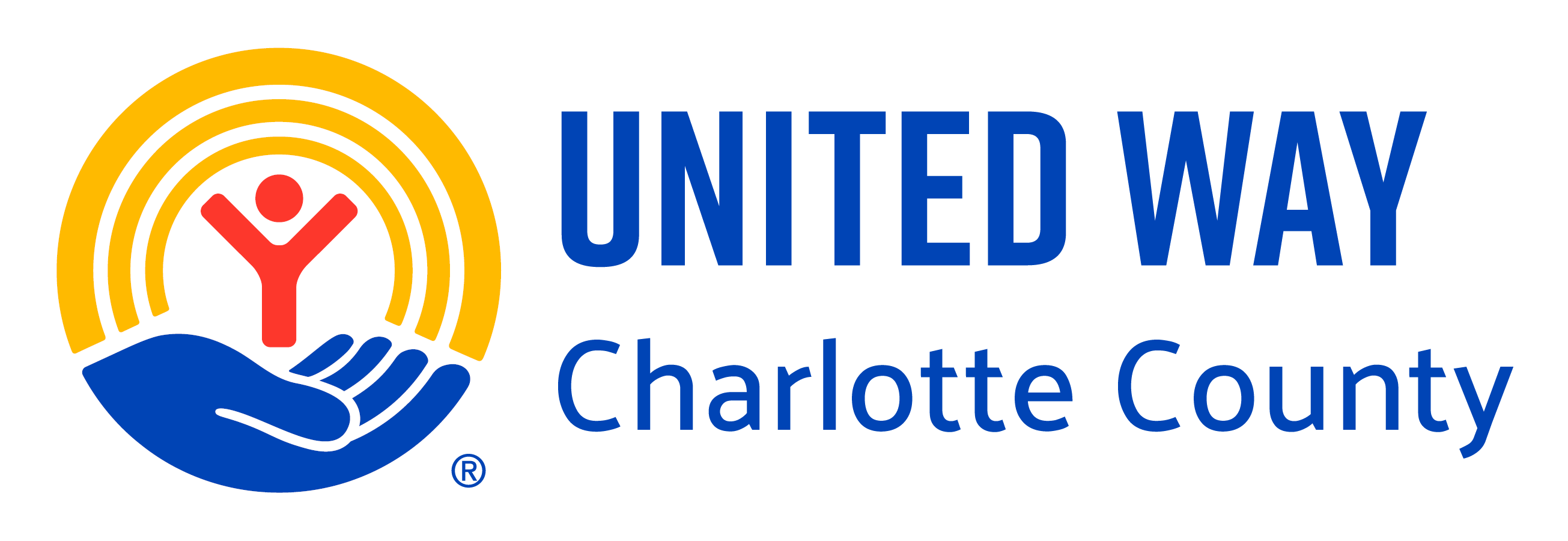March 25, 2020
Charlotte County's Most Vulnerable on a "Good Day" Are Even More Vulnerable TODAY
Before anyone in Charlotte County had ever heard the word “coronavirus”, close to half (45%) of our residents were struggling to meet their basic needs. Today, as the economic impacts of this unexpected situation are beginning their ripple effect across the county, our ALICE families have become even more vulnerable. Lost income due to COVID-19 can translate to spikes in poverty, missed meals for children, and reduced access to health care far beyond the immediate crisis.
ALICE families work hard – often multiple jobs – but still struggle to afford even their most basic needs, including housing, food, transportation, childcare, and health care. In Charlotte County 34% of households* fall into the category of ALICE, while another 11% of Charlotte County households live at Federal Poverty Level, meaning that close to half (45%) are struggling to meet basic needs.
While ALICE can represent married couples and single father-headed households, many ALICE households in Charlotte County are headed by single mothers. Additionally, according to a March 20, 2020 article published by Fast Company, entitled Why women will be hardest hit by a coronavirus-driven recession, “Over 70% of U.S. households with children rely on women’s income for their economic well-being.” Single mothers living in poverty, barely surviving (ALICE), or even those who just a month ago thought they were doing OK at making ends meet are now being faced with decisions that will impact their families far into the future. As our ALICE families are being forced to stay home from work due to school closures, work closures, or even illness in their own home, their ability to stretch a dollar will be put to the test. How many won’t have enough dollars to pass?
Postponing events, schools closing, and modifying work options are prudent and necessary, but the effects on ALICE will be sudden and sharp. That’s why United Way is focused on supporting households living below the ALICE threshold.
*Approximately 33,816 ALICE families
Jennifer S. Sexton
UWCC Consultant
